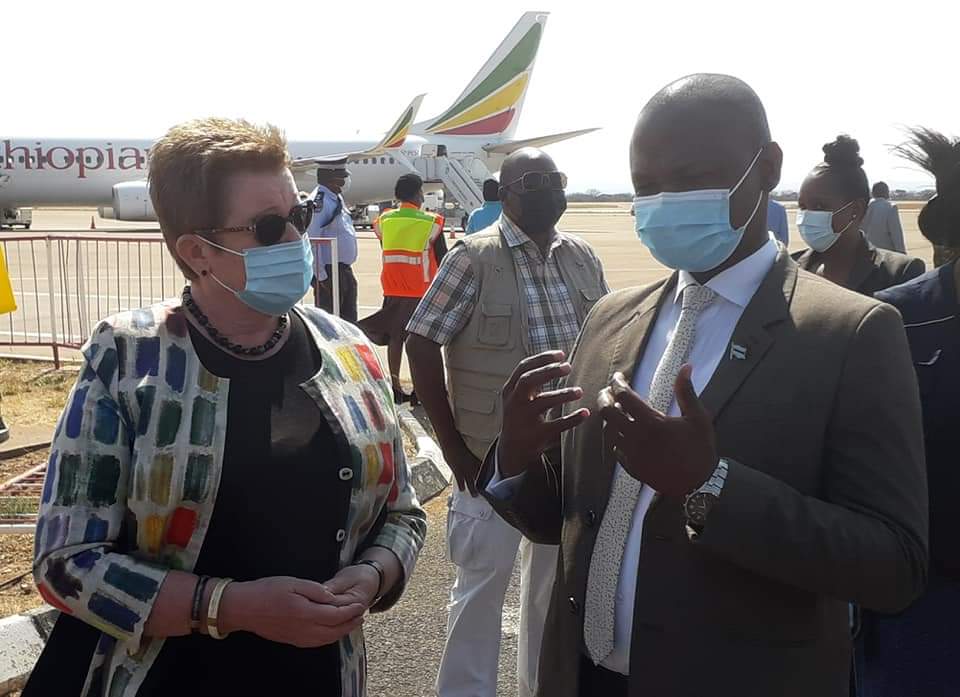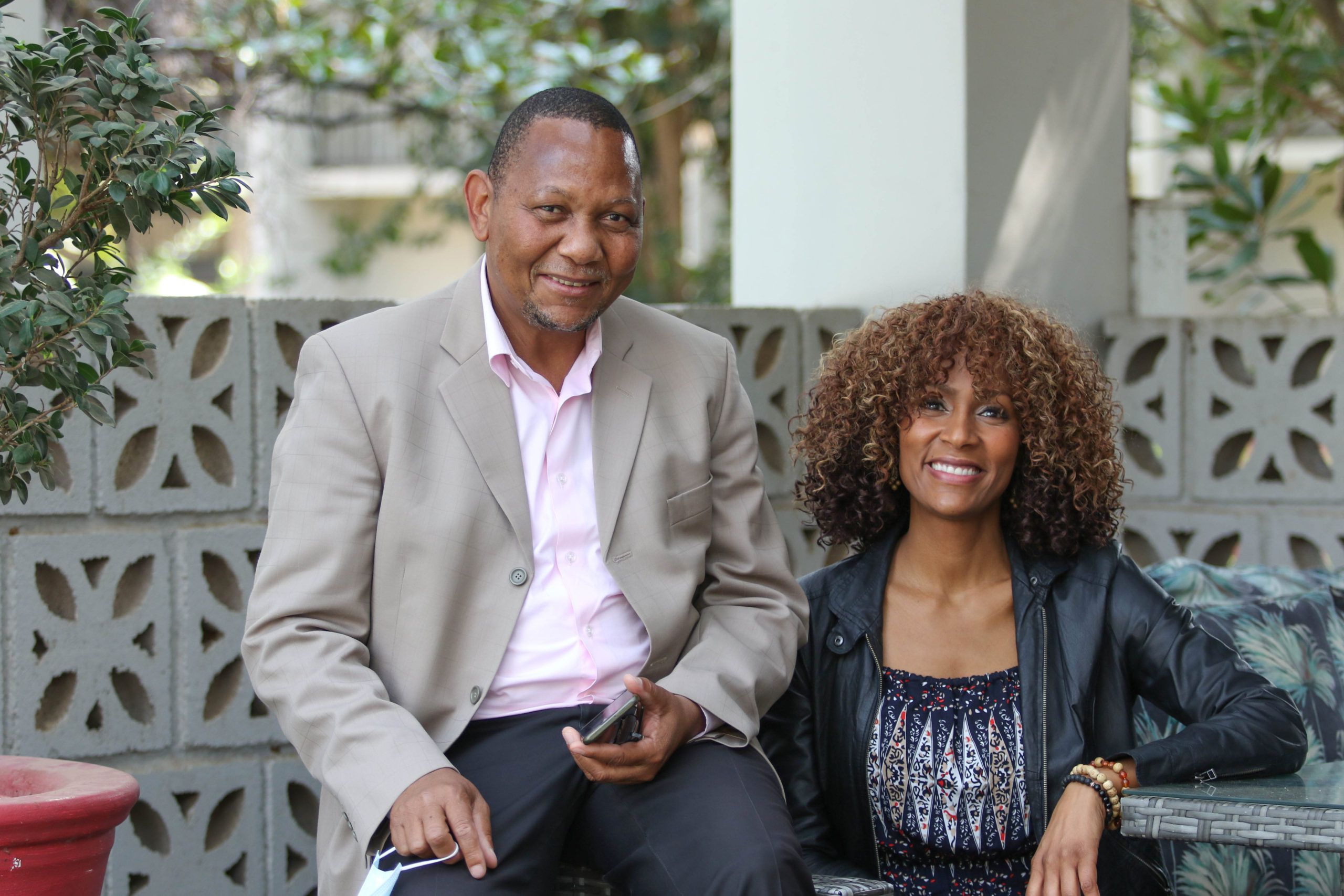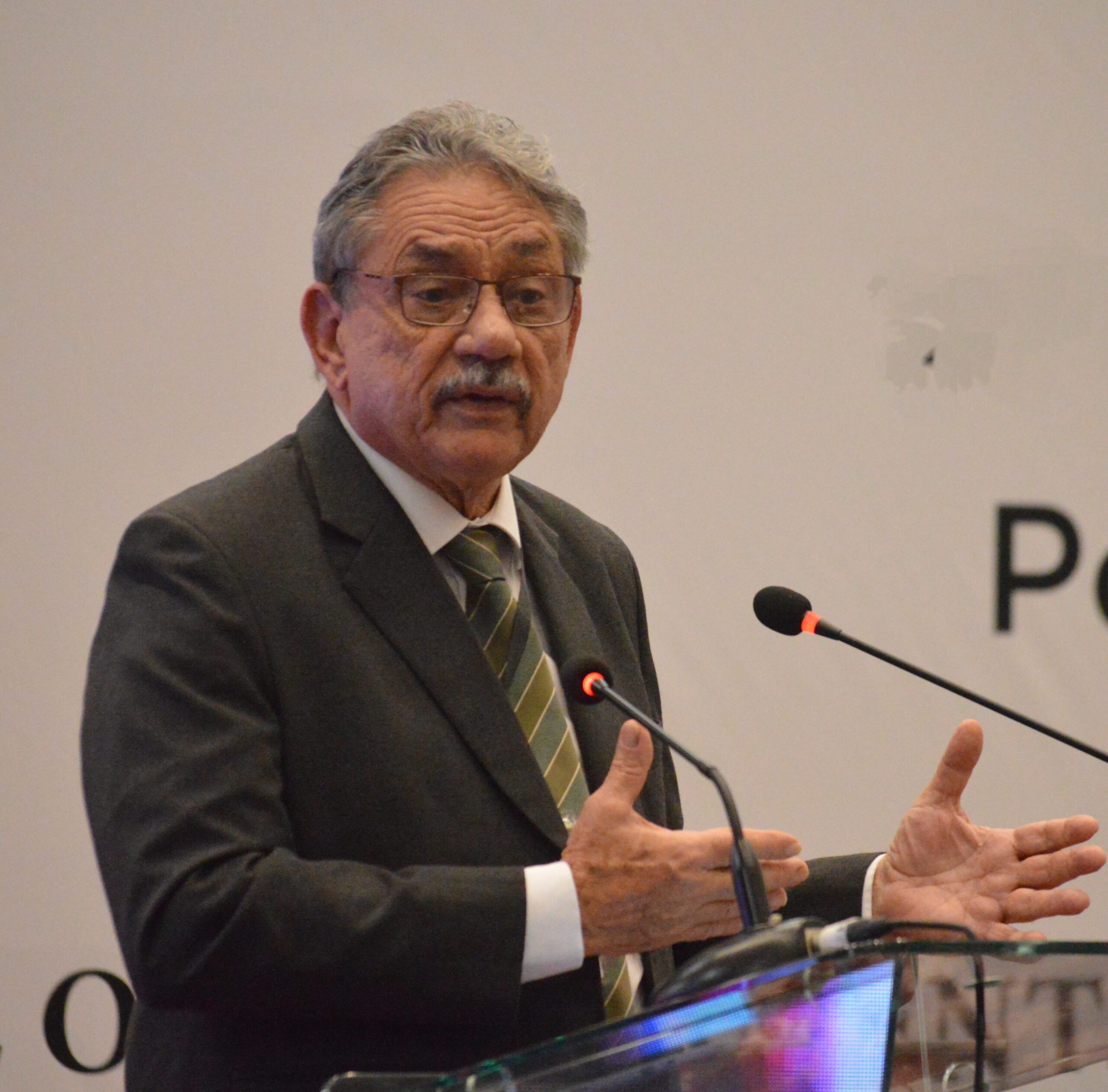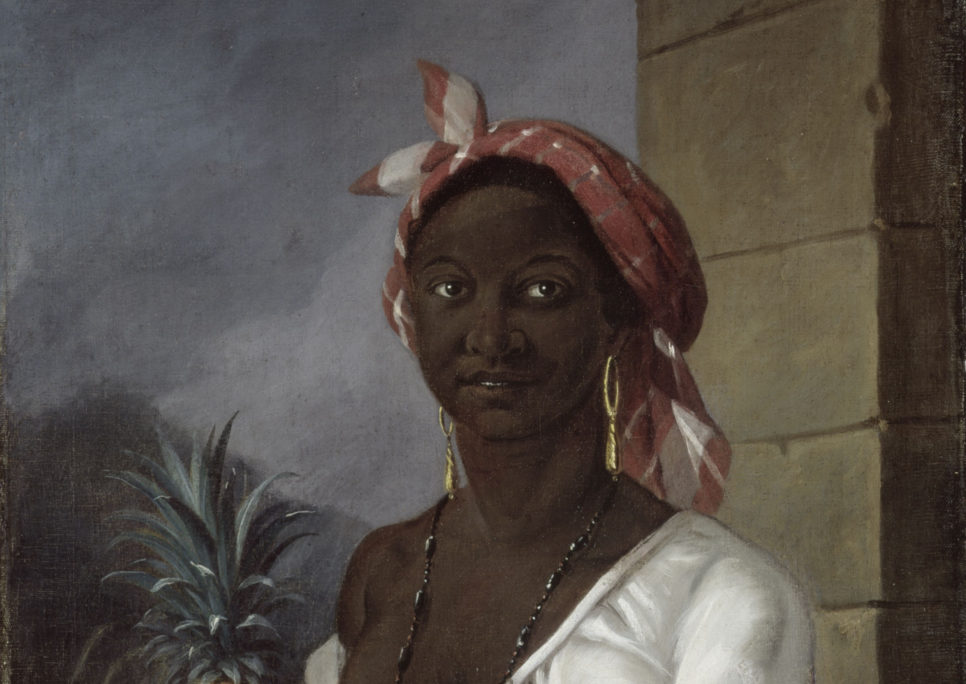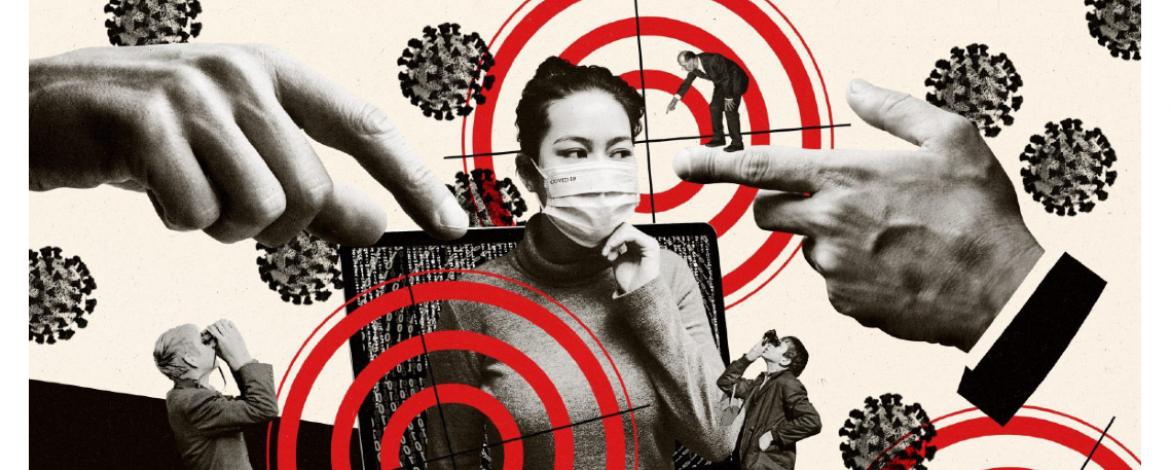
Covid-19 was declared a worldwide pandemic by the World Health Organization (WHO) on 11 March, since then it has been used as a pretext by governments to put constitutional guarantees on hold. Now that relative calm appears to be in prospect, it is imperative that these exceptional measures be lifted. image by Klawe Rzeczy
The Pan Afrikanist Watchman
The Umbrella for Democratic Change (UDC0 joined the rest of the world on Monday to send a message of solidarity with all media workers on the occasion of World Press Freedom Day (WPFD).
This year WPFD was commemorated under the theme, ‘Information As A Public Good’. IN a message he distributed on behalf of the united opposition, UDC Spokesman, Moeti Mohwasa said that his party shall continue to fight for freedom of expression, access to public information and against any form of statutory limitations on the work of journalists.

“We call upon the media to do more in terms of self regulation as this will strengthen its position and how it is perceived by society”,, Mohwasa said.
He said this is necessary for an important institution such as the Fourth Estate to earn confidence and trust as it watches over other estates.
Mohwasa reminded that in 1946, the United Nations General Assembly passed one of its very earliest resolutions, which stated that freedom of information is a fundamental human right and the touchstone of all freedoms to which the United Nations is consecrated.
Mohwasa added that it is against this background that the UDC tirelessly pursues Freedom of Information law through parliament. He said that with Freedom of Information law in place, standards for openness and transparency from the Government would be clearly set out and understood by all.
“We strongly hold the view that this law is a critical tool for ensuring members of the press and indeed the public fully enjoys rights to scrutinize the workings of public institutions.
“We regret current difficulties whereby journalists, researchers and members of the public experience when trying to access information across Government for public good”.
The UDC also called on the Government to “be sensible” and repeal the “draconian Media Practitioners Act”, arguing that it doesn’t belong in a democracy.
Mohwasa remembered that exactly 30 years ago, in 1991, men and women gathered in Namibia to deliberate on issues relating to Press Freedom.
The outcome was the Windhoek Declaration, adopted on May 3rd of 1991 which was recognized by the United Nation General Assembly in December 1993, after recommendation by United Nations Educational, Scientific and Cultural Organization (UNESCO) as World Press Freedom Day.
He said the UDC joins those who are in Windhoek to celebrate the 30th anniversary of the Windhoek Declaration and also attend the WPFD international conference which started on the 29th April and ends on May 3.
“We are certain they will send a strong message on people’s entitlement to lies free news and affirm the right of journalists to work freely and independently”.
Mohwasa added that with the altered media landscape since 1991, it is understandable that the conference is focusing not only on print, but also other forms of media.
Mohwasa said this is the time to reflect on the achievements so far, 30 years down the line and to look at the importance of information as a public good, consistent with the theme.
He said that Gwen Lister, a Namibian veteran journalist is correct to say, “let us ensure the triumph of good information over bad so as to strengthen public discourse and allow the democracy of ideas to flourish.”
The Windhoek Declaration has helped to broaden the democratic space by reaffirming the role of the press in bringing about accountability.
Mohwasa said this year’s theme is a challenge to those who gather and disseminate information to strive for fairness, balance and objectivity. It means that rejection of propaganda and news twisting in the media should not be the norm.






